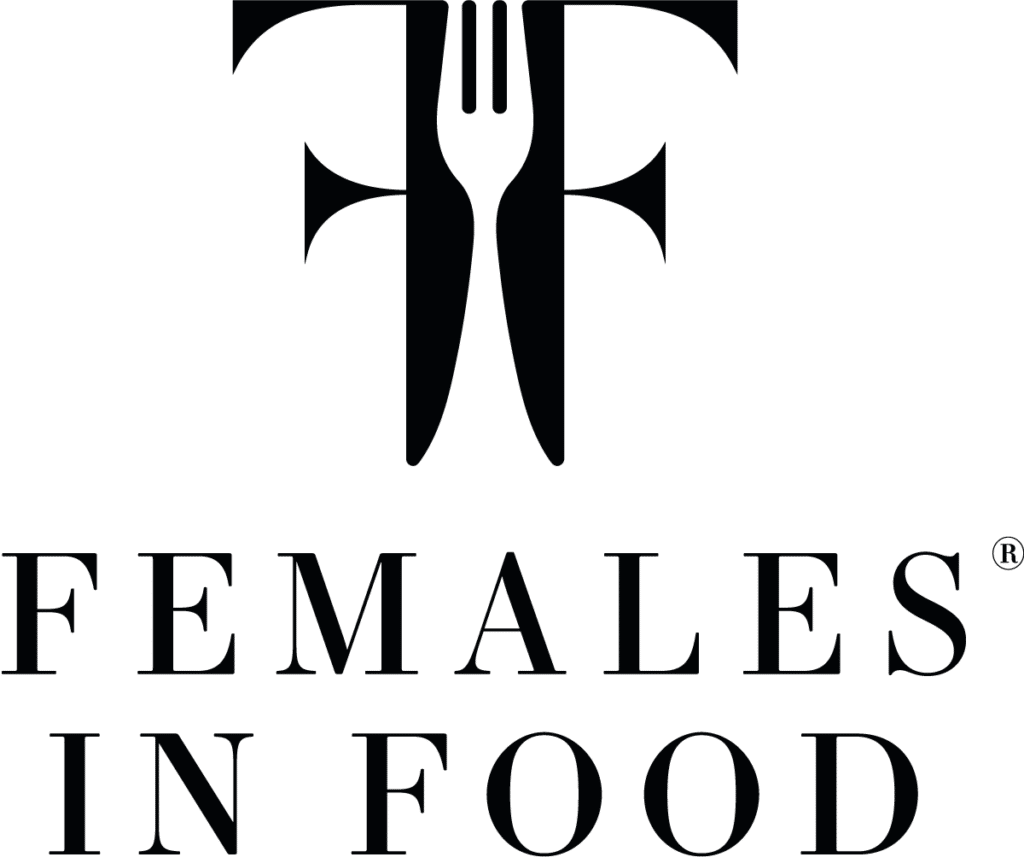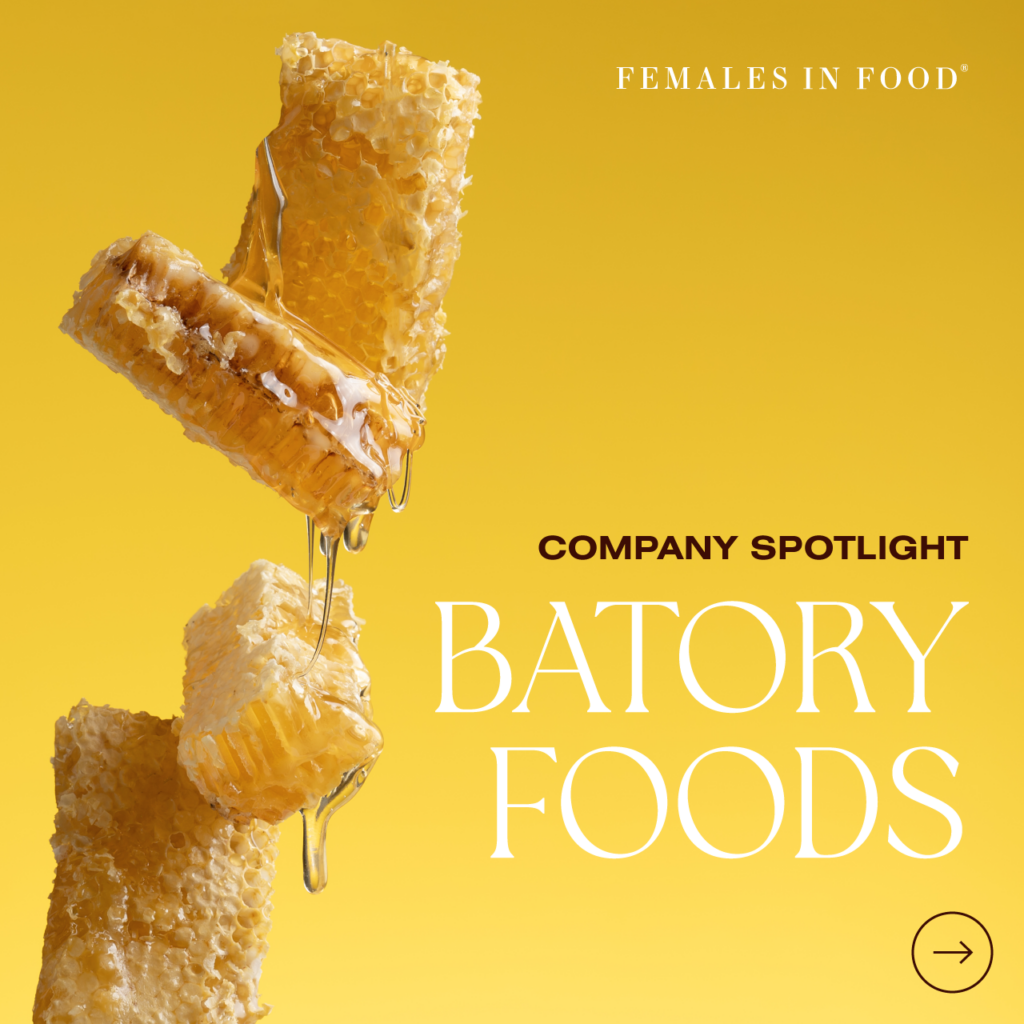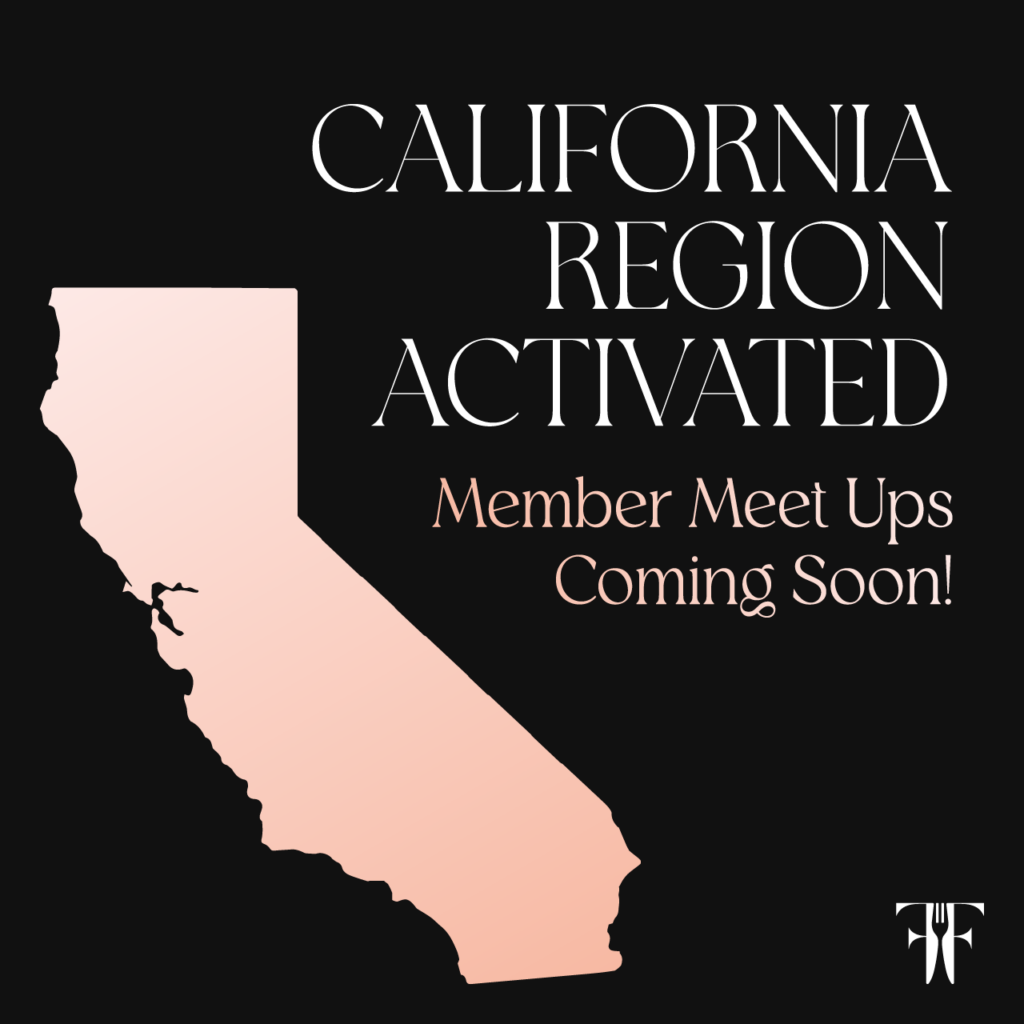It should come as no surprise that historically, the food and beverage industry has been male-dominated. For women, this has meant being in positions that were typically administrative or lower-level positions. But as Ashley Blackmon, the diversity, equity and belonging (DEB) manager at Plenty, an indoor vertical farming company based in South San Francisco explains, the food and beverage industry is now starting to see a cultural shift where companies are now focusing on creating more equitable career opportunities. This includes expanding opportunities such as mentorship, sponsorship, and leadership opportunities to help women continue to grow their skillset.
Part of this shift is happening as a result of the number of females resigning from positions throughout the food and beverage industry, as well as other industries. Angela Pumo, business development director, North America at Planteneers has been in the food and beverage industry for decades. Recently she’s seen more women resigning in the food and beverage industry for many reasons.
“Many women are overly tired of the situation they are facing,” Pumo says. “They are going to work a startup where they can have a voice or help with a purpose. Or they’re starting their own consulting business and are being hired.”
According to Blackmon, with the lingering effects of COVID-19 and various social justice issues facing our world, the food and beverage industry is starting to see an increased number of women leave their positions, mainly due to burnout.
“Specifically, we are seeing women step up to the plate as leaders, go above and beyond their job duties, and carry the emotional labor of their teammates and employees,” Blackmon says. “Women are stepping up to the plate to take care of others, but no one is checking in with them or helping them prioritize their well-being.”
As current co-owner, with her brother Adam, Venae Watts grew up in America’s oldest family-owned creamery, Minerva Dairy, obsessing over butter like the four generations before her. She holds the titles of treasurer and secretary, but her work also encompasses human resources, sales, and marketing; with over 25 years working within the family business she has played a pivotal role in helping to lead the sales team to continued success and growth while simultaneously helping to navigate Minerva Dairy through the ever-changing food industry
Watts believes that other industries have shown faster growth than the food industry when it comes to the percentage of women in decision-making positions. “Women, just like their male counterparts, want to enter a job with the reassurance that upward mobility is not only possible but achievable,” Watts says.
Watts points out that on average, there are four percent less women in both senior vice president and c-suite executive roles in the food and beverage industry than in other industries. These numbers present a huge problem for many women who—and rightfully so—feel they are not being adequately recognized for their service to food and beverage manufacturing.
“While our industry is moving forward in many ways, it’s happening at a much slower pace than it is for other industries,” Watts says. “At the entry level, we’ve made great strides in diversifying our teams, but we’re not allowing women the chance to advance at the same rate as men.”
Women, therefore, are changing industries for better opportunities. As a woman at the vanguard of today’s contemporary food movement, Watts hopes to help create a food industry that is not only more inclusive, but more promotional and encouraging of all team members—regardless of gender.
“The industry as a whole is slow to embrace change – almost giving its employees a feeling of living in the past. This obsolete thinking is what keeps food and beverage behind other industries,” Watts says. “There are many of us in the F&B industry that recognize this issue and are working to correct it through staffing, modernizing marketing strategies, and prioritizing sustainability in our missions.”
Retention Strategies
Specifically, when food and beverage companies are thinking about retaining women, they should start with hiring. For example, in the hiring process, Blackmon says companies should implement programs to ensure that diverse candidates are making it through the talent pipeline and they are getting offered jobs.
“Companies should also assess talent on a skills and high potential basis,” Blackmon says. “In other words, instead of focusing on candidates who check every box, we should always be focusing on what diverse perspectives, skill sets, and value they are adding to the organization. “
When assessing performance, companies have to do the work to de-bias their performance management programs. Blackmon says this work includes ensuring that hiring managers are able to understand where bias creeps in the performance management process and give them tools to mitigate bias.
“Companies should also track promotion rates across the various social identities such as race and gender to gain a holistic viewpoint at the progression and promotion rates of diverse groups,” Blackmon says. “This also allows companies to identify potential gaps and areas of improvement. They can then take these gaps and formulate a true plan to use in succession planning and implement key programs that will grow and retain top talent.” Blackmon also recommends companies create more mentorship and sponsorship opportunities. This will allow women to work with various leaders across the organization and gain a sense of confidence. This builds trust and creates community, qualities women need in leadership as they progress in their careers.
The issues of flexible working arrangements and parenthood continue to give women difficulty within their careers. To mitigate these issues, Blackmon recommends companies need to work hard to re-engineer working norms. In particular, this means working cross-functionally to debunk the myth of “always having to be on.”
“Companies need to help their employees set true boundaries so they are able to work in a flexible manner and find a healthy/work blend,” Blackmon says. “Women also continue to face increased micro-aggressions. To ensure that women feel included and have a sense of belonging, companies need to work with their managers to help them appropriately manage the diversity on their teams. Giving managers these tools will help increase psychological safety for women and ensure they are supported and understood.”
Watt says culture is key. By keeping company culture gender inclusive, the food and beverage industry can better promote conversations and feedback.
“As an industry, we must focus first on employees’ skill sets, measuring them against similar positions across the broader job market,” Watts says. “We must ensure that potential is not being cast aside simply because of a person’s gender.”
Advancement of Women in the Food & Beverage Industry
Although women are climbing the ranks and continuously being promoted into leadership roles with F&B, there is still a lot of work to do to ensure that women are receiving equitable career advancement opportunities.
Pumo’s observation is that those in the younger generation are more open and more supportive. of each other in the unique value that they bring. “We should celebrate people’s uniqueness,” Pumo says. “Everybody brings something unique to the table. So instead of the question that we simply hear too often, ‘Are they going to be a good fit?’ Why can’t we ask, ‘Are they going to be a good addition?’”
Blackmon says the future is bright for women in the food and beverage industry. With more companies creating workplaces that are diverse, equitable, and inclusive, this opens the door for increased career advancement and leadership opportunities.
Women also need to be given ample opportunities to not only achieve their goals but to do so on their own paths and in ways that work best for them. “This can be applied to all humans—not just women,” Watts says. “Although we are equal, we are different and will not achieve goals in the same way or in the same length of time.”
Many women, by virtue of the educational and professional opportunities available to them, have acquired the skills necessary to advance in their field. “Still, it rests almost solely in the hands of the employer to encourage these skills to be put to use,” Watts says. “When women are encouraged to implement their talents, backgrounds, and training, there’s no telling how far we can go.”
“In order for companies to truly win and retain women, they need to be consistent in their actions” Blackmon says. “They also need hold themselves accountable, and never stop doing the work to create inclusive workplaces that allow women to thrive and succeed.”








